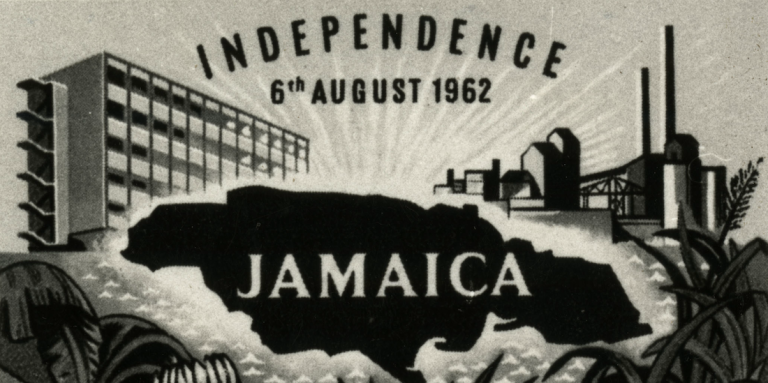
Since Independence August 6, 1962, this Caribbean nation has achieved remarkable accomplishments in sports, music, and economic development
Appointed by the Jamaica Minister of Education, I was delighted to serve
as senior adjunct professor in leadership to Caribbean Maritime University
in Kingston for two years until the Pandemic shuttered the program in 2020.

New York, N.Y. – As Jamaica marks another milestone on this August 6, 2025, the island nation celebrates sixty-three years of independence with a legacy that extends far beyond its geographic boundaries.
From the bustling streets of Kingston to diaspora communities across the globe, Jamaicans honor the historic moment when the Union Jack was lowered and their distinctive black, gold, and green flag was raised for the first time on August 6, 1962.
The path to Jamaican independence began decades before that momentous day, rooted in a growing movement for self-governance that gained momentum throughout the 1950s.
The West Indies Federation, established in 1958, initially included Jamaica as part of a broader Caribbean political union. However, by 1961, Jamaican voters chose to withdraw from the federation through a referendum, setting the stage for individual independence under the leadership of the Jamaica Labour Party and Alexander Bustamante, who became the nation’s first Prime Minister.
The Symbolic Power of National Identity
The design of the Jamaican flag carries profound meaning that continues to resonate with citizens today. As the official symbolism states: “The sun shineth, the land is green and the people are strong and creative.”
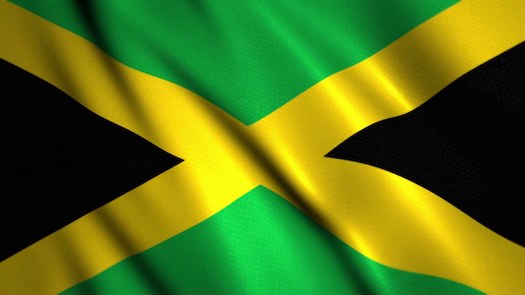
Each color represents fundamental aspects of Jamaican identity—black symbolizing the strength and creativity of the people, gold representing natural wealth and the beauty of sunlight, and green embodying hope and agricultural resources.
This symbolism proved prophetic, as Jamaica has indeed demonstrated remarkable creativity and strength across multiple domains.
The nation’s cultural exports, particularly in music, have achieved global recognition.
Reggae music, pioneered by artists like Bob Marley, Jimmy Cliff, and Dennis Brown, became a powerful vehicle for social commentary and spiritual expression that transcended national boundaries
Although it has been faulted at times for misogyny and homophobia, the genre’s influence on international music cannot be overstated, earning prestigious UNESCO recognition as an Intangible Cultural Heritage of Humanity in 2018. And the Bob Marley Museum in Kingston cannot be missed (website).
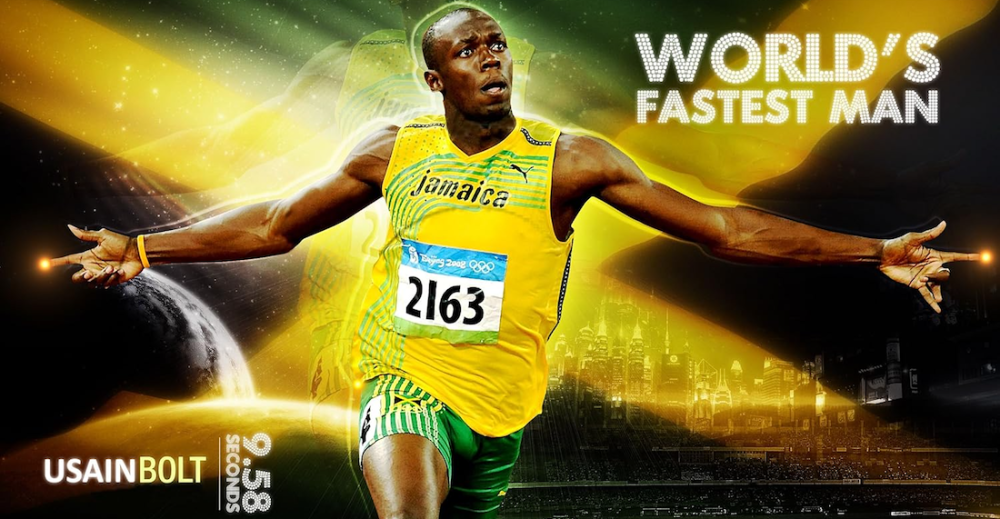
Athletic Excellence on the World Stage
Usain Bolt, often called the fastest man alive, holds world records in both the 100-meter and 200-meter sprints, while Shelly-Ann Fraser-Pryce has dominated women’s sprinting for over a decade.
Jamaica’s athletic achievements have become legendary, particularly in
track and field events. The island nation, with a population of approximately
2.9 million, has produced some of the fastest runners in human history.
The success extends beyond individual achievements to relay teams and field events, with Jamaican athletes consistently ranking among the top performers at Olympic Games and World Athletics Championships.
This athletic prowess has become a source of immense national pride and has helped elevate Jamaica’s profile on the international stage.
Economic Development and Challenges
Since independence, Jamaica has navigated complex economic challenges while building important industries. The bauxite mining sector has long been a cornerstone of the economy, with Jamaica ranking among the world’s top producers of this aluminum ore. Tourism has emerged as another crucial economic driver, with visitors drawn to the island’s natural beauty, cultural attractions, and warm hospitality.
The Caribbean Maritime University in Kingston represents the nation’s commitment to education and professional development, particularly in maritime studies. International partnerships, such as academic exchange programs, have helped strengthen Jamaica’s educational infrastructure and global connections. These initiatives demonstrate how educational institutions can serve as bridges between Jamaica and the international community.
Cultural Preservation and Innovation
Independence Day celebrations traditionally feature vibrant displays of Jamaican culture, from traditional mento and calypso music to contemporary dancehall performances. Local communities organize festivals that showcase traditional foods like jerk chicken, ackee and saltfish, and festival bread, alongside cultural demonstrations and artistic exhibitions.
The Institute of Jamaica and other cultural institutions work year-round to preserve and promote Jamaican heritage, ensuring that traditions pass to new generations while remaining relevant in contemporary contexts. This balance between preservation and innovation reflects the broader Jamaican approach to cultural development.
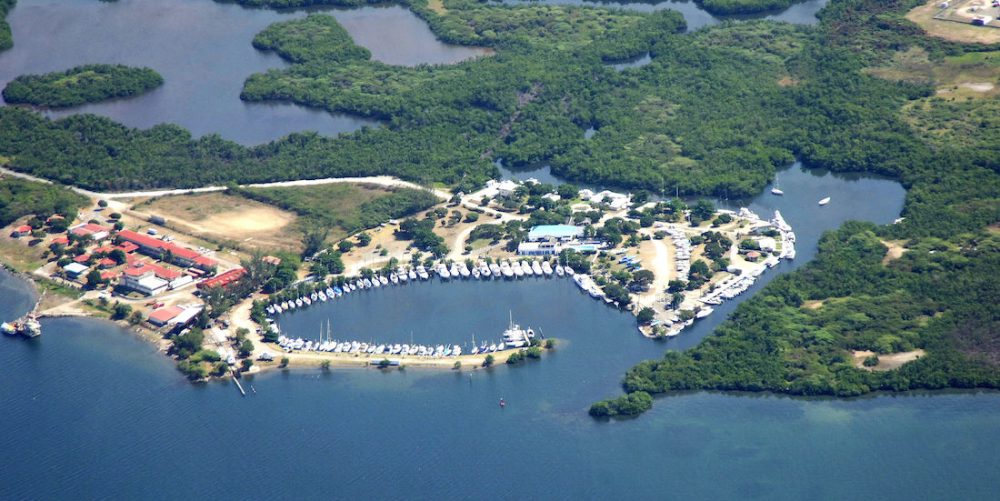
Global Diaspora and Continuing Connections
The Jamaican diaspora, estimated at over three million people worldwide, plays a crucial role in maintaining cultural connections and supporting homeland development. Communities in New York, London, Toronto, and other major cities organize Independence Day celebrations that rival those held in Jamaica itself.
These international celebrations serve multiple purposes: they maintain cultural identity among diaspora populations, introduce Jamaican culture to new audiences, and often include fundraising efforts that support development projects back home. The diaspora’s economic contributions through remittances represent a significant portion of Jamaica’s foreign exchange earnings.
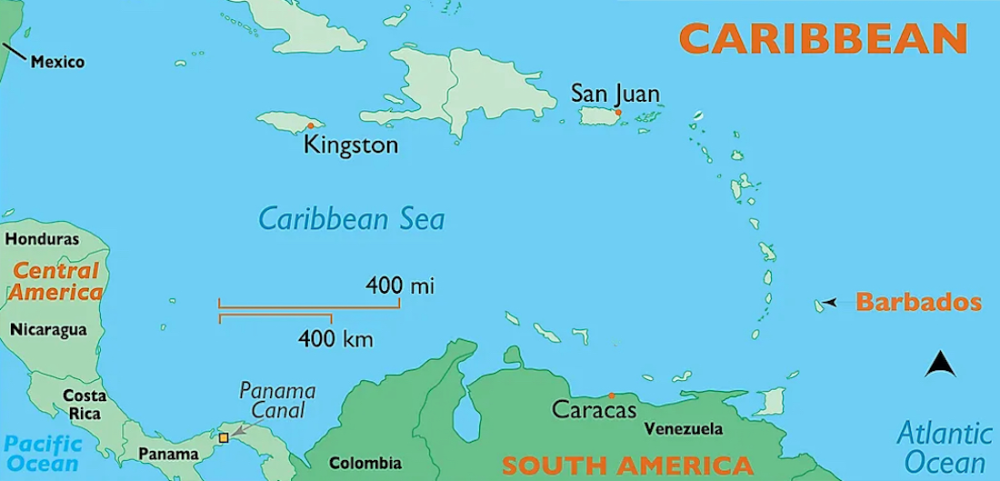
Contemporary Challenges and Future Prospects
As Jamaica looks toward the future, the nation faces both opportunities and challenges. Climate change poses particular threats to this Caribbean island, from sea-level rise to increased hurricane intensity.

The government has implemented various sustainable development initiatives and participates actively in international climate negotiations.
Economic diversification remains a priority, with efforts to expand beyond traditional industries into technology, creative industries, and renewable energy.
The Jamaica 2030 development plan outlines ambitious goals for sustainable economic growth and social development.
Educational advancement continues through partnerships with international institutions and investment in digital infrastructure.
These efforts aim to prepare young Jamaicans for participation in the global economy while maintaining strong connections to their cultural roots.
As Jamaicans everywhere celebrate Independence Day 2025, they do so with justified pride in their nation’s achievements and optimism about future possibilities. The strength, creativity, and hope symbolized in their flag continue to guide the nation’s journey forward.
HAPPY INDEPENDENCE DAY TO ALL JAMAICANS, WHETHER HOME OR ABROAD!
Summary
Jamaica celebrates sixty-two years of independence on August 6, 2025, honoring its journey from British colony to sovereign nation. The celebration highlights achievements in music, athletics, and culture while recognizing challenges and opportunities ahead. Diaspora communities worldwide join homeland festivities, maintaining strong cultural connections and supporting continued development through various initiatives and partnerships.
Jamaica Celebrates 63 Years of Independence and Cultural Heritage (Aug. 6, 2025)
#JamaicaIndependenceDay #CaribbeanHeritage #JamaicanCulture #ReggaeMusic #KingstonJamaica
#IndependenceDay2025 #JamaicanDiaspora #CaribbeanIndependence #JamaicanFlag #Jamaica63
TAGS: Jamaica, Independence Day, Caribbean, Kingston, reggae music, Usain Bolt, Bob Marley, bauxite mining,
diaspora, Caribbean Maritime University, Jamaican flag, cultural heritage, Olympic Games, climate change, tourism
